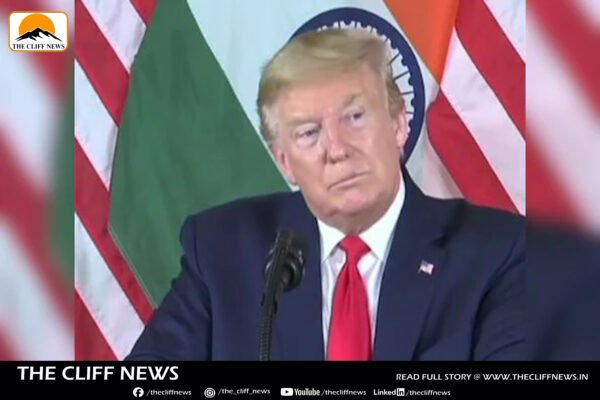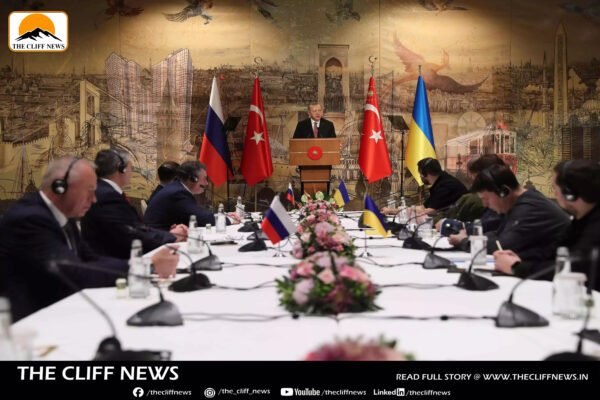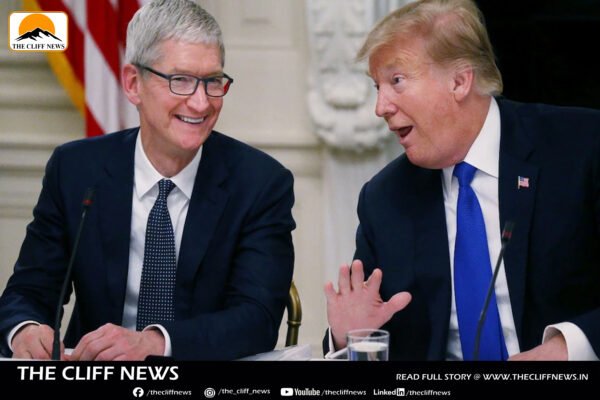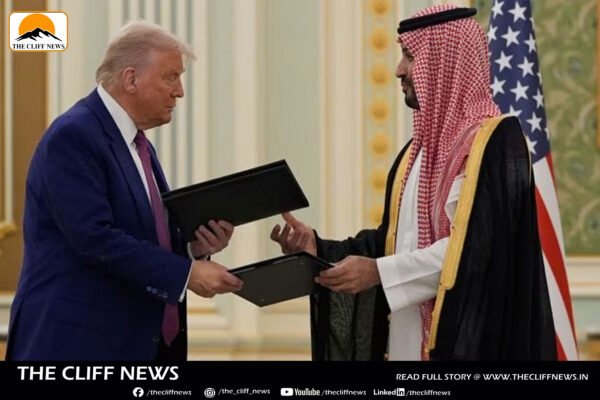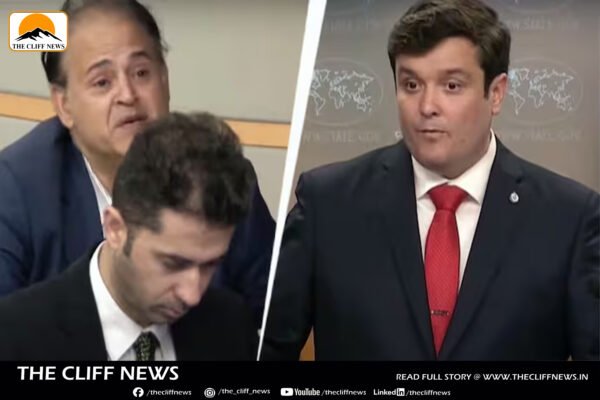After Diplomatic Row, Indian Platforms Begin Pulling Turkish Dramas Amid Public Backlash
In the wake of recent tensions between India and Pakistan, the cultural fallout is beginning to affect entertainment content as well. After Indian platforms removed Pakistani shows, Turkish dramas have now come under scrutiny, following Turkey’s vocal support for Pakistan during the conflict. As a result, streaming giant Zee5 has already removed several Turkish shows, while other platforms are reportedly considering similar moves. Zee5 quietly took down popular titles such as Relationship: Status It’s Complicated and others over the past week. An insider from the company told Mid Day, “We’ve been monitoring the sentiment for weeks. While there is no government directive, we made a business decision to avoid a potential backlash. These titles, a part of the Zindagi bouquet, were doing well in Tier-1 and -2 cities, but the risk of reputational damage outweighed the benefits.” Turkish series like Ertuğrul, Feriha, and Masum had gained a strong following in India, particularly among OTT audiences. However, public sentiment turned sharply against Turkish content after Turkey’s continued political alignment with Pakistan, leading to online campaigns demanding the removal of such shows. Amazon MX Player, which currently hosts popular Turkish titles such as Golden Boy, Love is in the Air, and Endless Love, has not yet removed any content. However, sources say the platform’s content team has internally decided to halt the acquisition of new Turkish dramas. An insider shared, “We haven’t received any formal instructions or advisory from the Ministry of Information and Broadcasting. As of now, no content has been removed, but we have paused new acquisitions from Turkish production houses.” The backlash has also spilled over to YouTube, where several channels that stream Turkish series are facing significant resistance. One of the more prominent curators, Live Pakistan, which streamed Resurrection: Ertuğrul, has become inaccessible in India since May 16. A source close to the channel said, “We received three takedown requests in the past two days. It felt coordinated. If this escalates, more channels could disappear overnight from India.” While the Indian government has not issued an official advisory directing platforms to remove Turkish content, several Indian universities have independently suspended academic collaborations with Turkish institutions. Additionally, the Federation of Western India Cine Employees (FWICE) had recently urged Indian filmmakers to refrain from shooting in Turkey (as reported in “Turkey No-Go for Bollywood,” May 15).


